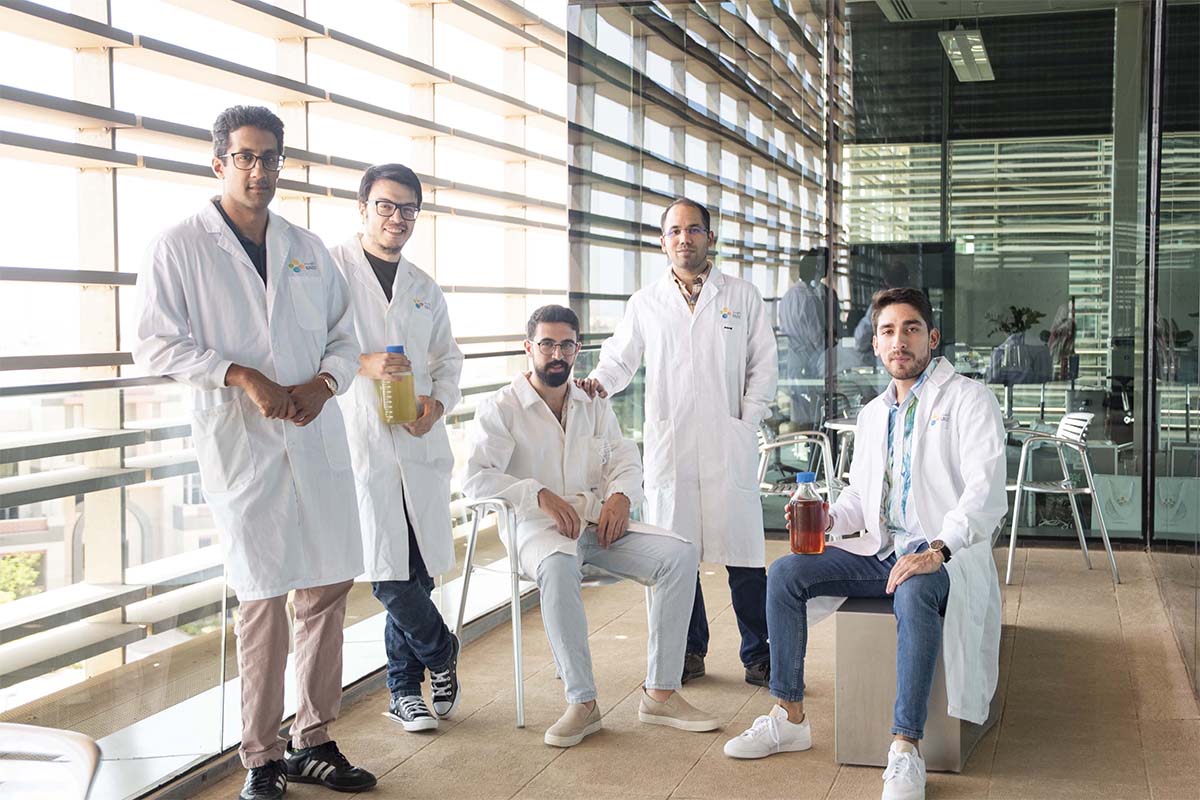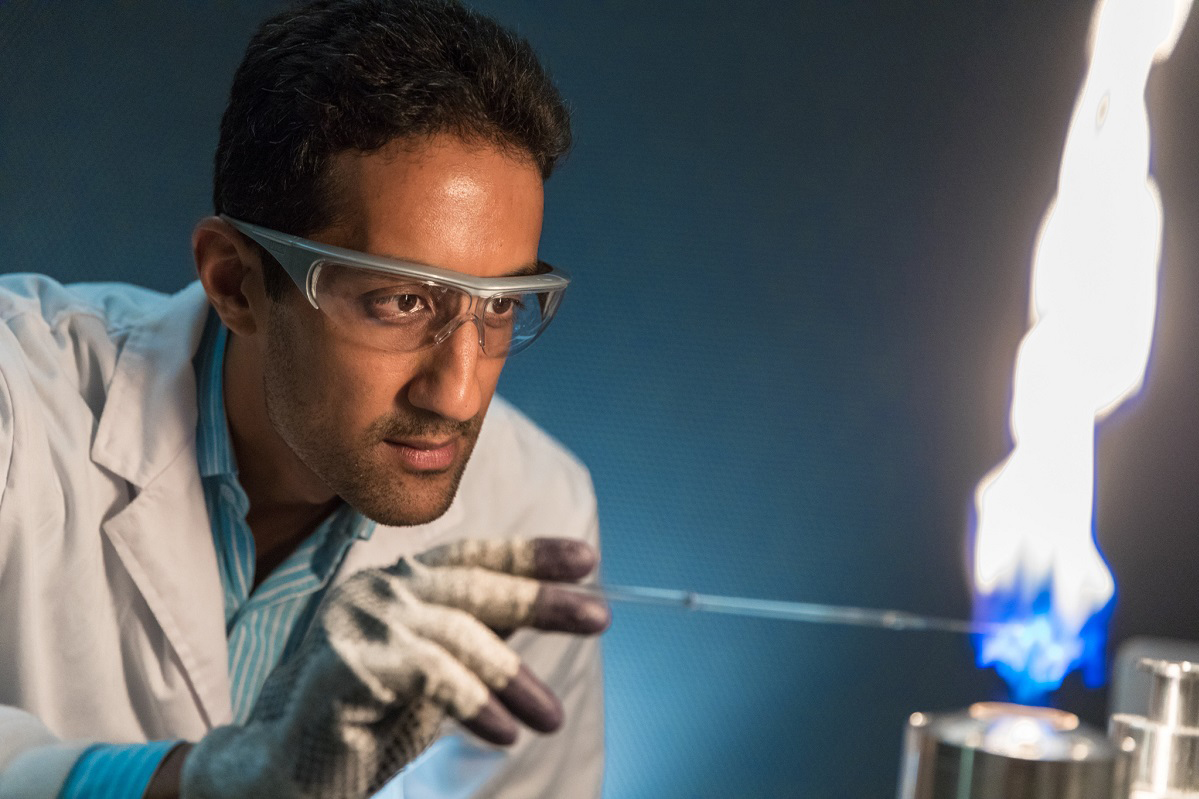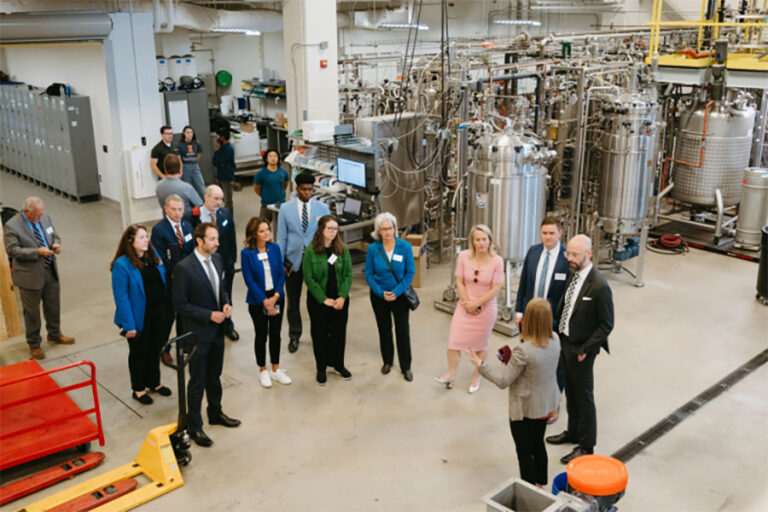
At the heart of Saudi Arabia’s drive towards sustainability and innovation is the King Abdullah University of Science and Technology (KAUST). As a crucible for cutting-edge research, KAUST is making substantial strides in clean energy, spearheaded by visionary scientists like Dr. Mani Sarathy. Positioned on the Red Sea, KAUST is not just a university but a beacon of future-focused energy solutions.
Dr. Sarathy, a Professor of Chemical Engineering at KAUST, is a key figure in this transformative journey. His research delves into sustainable energy technologies aimed at reducing environmental impacts. One of his major contributions is in the field of green hydrogen, a pivotal molecule in the global push towards renewable energy. Unlike traditional hydrogen production, which is heavily reliant on natural gas, green hydrogen is produced through electrolysis powered by renewable energy sources. This method promises a carbon-neutral cycle, presenting a sustainable alternative to fossil fuels.
As Dr. Sarathy explains, “Hydrogen has the potential to revolutionize our energy systems. It’s an elegant solution that could replace traditional carbon-based fossil fuels and significantly reduce greenhouse gas emissions.” His enthusiasm is palpable, as he elaborates on the broader implications of this technology. “We are on the cusp of a global hydrogen economy, where hydrogen isn’t just an energy carrier but a cornerstone of sustainable industry and transport.”
The significance of hydrogen in the renewable energy landscape cannot be overstated. As Dr. Sarathy notes, hydrogen has long been overlooked in favor of more immediately scalable solutions like direct electrification with wind and solar power. However, technological advancements and the urgent need for diverse energy portfolios have brought hydrogen back into the spotlight. KAUST’s research is particularly focused on overcoming the economic and practical barriers to green hydrogen production, such as the high costs associated with electrolysis.
“Hydrogen isn’t just an energy carrier but a cornerstone of sustainable industry and transport.”
Dr. Mani Sarathy
KAUST’s initiatives extend beyond just research; they are active in global dialogues on climate change. The university’s participation in COP28 underscores its commitment to shaping global environmental policy. KAUST’s faculty brought forward compelling arguments for integrating advanced scientific solutions into climate action frameworks, emphasizing the role of hydrogen in achieving the goals set out by the Paris Agreement. “Our presence at COP28 was about more than showcasing our research,” says Dr. Sarathy. “It was about demonstrating that science can and should lead the way in global climate policy and solutions.”
Dr. Sarathy’s work also underscores the importance of interdisciplinary approaches in tackling climate change. By integrating chemical engineering with environmental science, his team is developing innovative solutions that could redefine our approach to energy production and consumption.
The vision at KAUST is clear: to harness science and technology in addressing some of the most pressing challenges of our time. As Dr. Sarathy aptly puts it, “Our goal is to motivate future generations to understand that these problems are there but to not be deterred from solving them.” This ethos drives the university’s relentless pursuit of knowledge and innovation, ensuring that KAUST remains at the forefront of global efforts to transition to a more sustainable future.
KAUST’s work in clean energy, exemplified by the groundbreaking research of Dr. Mani Sarathy, positions it as a leader in the global quest for sustainability. By bridging academic research with practical applications and policy advocacy, KAUST is not just contributing to the scientific community but is actively shaping the future of clean energy.









